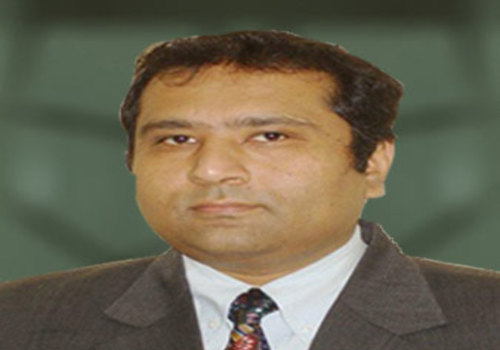Spinal Cord Injury: Symptoms & Causes

Spinal Cord is an extended tubular bundle support cells and nervous tissues that extends from medulla oblongata present in the brainstem to vertebral column’s lumbar region. Spinal cord connects the peripheral nervous system with the brain, that help in sending and receiving information (nerve impulses) through sensory neurons and are transmitted to the brain. Spinal Cord injury can damage this ability prevention the body from working efficiently.
An injury damaging any nerve or part of the spinal cord in the spinal canal can lead to a spinal cord injury. A traumatic spinal cord injury might occur due to a sudden cut or blow in the spine.
Any damage or injury in the spinal cord can lead to permanent loss of sensation, function, and strength. Fortunately, there are assistive and rehabilitation devices present in the medical world that has helped several people in leading independent, productive lives after their spinal cord injuries.
Symptoms of Spinal Cord Injury
The signs of the injury can help in recognising the part of the spinal cord that has been damaged. The symptoms for each part will be different. However, most spinal cord injuries in the lower region of the body can lead to loss of function in the parts below the damage, while in conditions of complete injuries the patient losses all function under the injury.
Spinal cord injuries can also cause weakness, loss of muscle, sensation or movement in the body. The patient can also lose control over their bowels and sexual function, while injuries around the neck can cause breathing problems.
Causes of Spinal Cord Injury
The spinal cord can be damaged due to trauma that can be multiple factors including the following:
Motor Vehicle Accidents – (reason for most spinal cord injuries)
Falls from Heights
Violence (gunshots wounds or stabbing in the spine)
Sports Injuries (Rugby, Football, Diving, Equestrian etc.)

Type of Spinal Cord Injury
Complete Injury – can lead to zero function be it movement or sensation in the body. Complete-spinal cord injuries can take place at any level of the spinal cord.
Incomplete Injury – happens when only a specific part of the patient’s spinal cord is injured causes symptoms in that region alone.
Spinal cord injury can also occur due to compression caused in the cord, due to infection, tumour, or inflammation. Some patients are also born with small spinal cord (Spinal Stenosis) that can also lead to a higher risk of injury.
Diagnosis
X-Ray – Physician often recommends getting an X-Ray to check the spinal cord damage, after sudden traumas.
MRI (Magnetic Resonance Imaging) – helps the doctor in getting closer and a more definite look at the injury, allowing them to assist with an appropriate plan.
CT (Computerized Tomography) Scan – to monitor the damage caused due to the injury.
Treatment for Spinal Cord Injury
The first step for the treatment for suspected spinal cord damage is to ensure that patient is breathing. Any loss in the spinal cord on the upper neck region can cause spinal cord damage that can lead to lost control over the breathing. This might require an urgent use of ventilator or breathing tube.
Immobilization has also proven to be effective in reducing the damage to increase. It required a damaged part of the patient’s spine from experiencing any movements.
FAQs
What happens when the spinal cord gets damaged?
The spinal cord can be very sensitive towards injuries, as it can't repair itself. If the damage happens in the lower spinal cord, the patient can get paraplegia-paralysis in both his/her legs.
How much time does it take to recover from Spinal Cord Injury?
Spinal cord damage can take a long time to recover. Patients might experience improvement in 6 months or can take years to recover. A recent poll by CareCure Community revealed that 61% of the patients saw a recovered function year after their injury.
Readers can explore Medmonks.com to learn more about the treatment that can be used for relieving the effects of spinal cord surgery.





